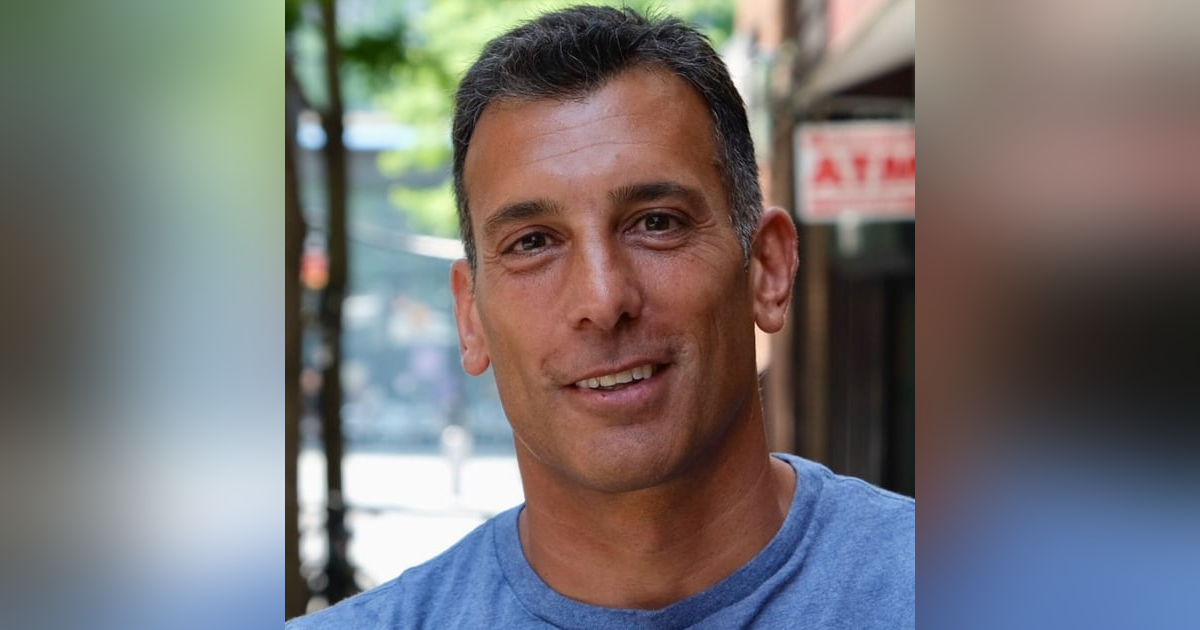Neighborhood-Based Hospitality - Philippe Zrihen, Ennismore

Philippe Zrihen is Head of Americas for Ennismore.
In this episode, you'll learn about how your local neighborhood can (and should) inform how you provide hospitality.
- Follow Philippe on LinkedIn
- Learn more about Ennismore
- Operating lifestyle hotel brands: Lessons from Philippe Zrihen at Ennismore (HotelOperations.com)
Join the conversation on today's episode on the Hospitality Daily LinkedIn page.
Hospitality Daily isn't just a podcast! Every morning - Tuesday through Friday - I summarize the stories you need to know as a hospitality professional in a short email. Read today's issue and subscribe here.
Josiah:
Neighborhoods are integral to the way you can and should provide hospitality. In today's episode, you'll learn how Philippe Zrihen, head of Americas for Ennismore, is thinking about this for his portfolio of brands, which includes Hoxton 21C Museum Hotel and many others.
Josiah:
How long have you lived in Tribeca here?
Philippe:
20 years 20 years.
Josiah:
Okay, it's awesome.
Philippe:
Tribeca has always been one of my favorite neighborhoods. Being in like a neighborhood in the city, I've always the water, the parks that wouldn't go anywhere else.
Josiah:
I feel like there are so many great restaurants here and it's fun.
Philippe:
I came from Canada. So I was like I don't want to live in Manhattan and open my door and have cars losing bike. Battery Park was where I first lived on Chamber Street kind of Cusp of Battery Park on the water and then stayed here ever since.
Josiah:
How is that informed how you think about hospitality? There are so many incredible restaurants here, and do you feel like this neighborhood specifically has?
Philippe:
informed them. It's interesting you say that, because one of the things that I find people look for in especially in Manhattan because it's very transient is to really feel like they're part of a neighborhood and an experience. If you talk to, I think, most people the first neighborhood they discover in Manhattan is where they end up staying, because they have, right off the go, kind of a sense of belonging and a combination of wow, I'm in the middle of Manhattan, which means I'm kind of in the middle of everything, but I still feel neighborhood, feel kind of vibe, and that's kind of what we do with our hotels. I mean, it's super important to us to say we're not appealing really to the tourists, we're appealing to the local and if you appeal to the local, the tourists will come and that's food and beverage. That's kind of the vibe inside the actual common area. So that's really our philosophy and lifestyle, because everybody has a different definition of what lifestyle is. But for me it's just as long as you feel like you're, all your senses are being appealed to and you're really experiencing more than just one facet of whatever you're there for. So you're not only about your room, you're not only about the restaurant, it's all encompassing and kind of conditioning your existence. So what you're doing in the hotel is equivalent to what you'd be doing if you weren't in the hotel, it's just that you're doing it a different way. That, for me, is what we talk about in lifestyle and it's honestly what you find in good neighborhoods. So you want to stay there because you feel like you're being surrounded by a lot of different sense of appealing things.
Josiah:
I had two experiences these are almost 10 years ago now at two properties that are part of your brands. One was at the 21C Museum Hotel in Nashville. I kind of got a sense this is a pillar of the community and just the energy and there was electric. And then in Hoxton, london, I got the same sense. It felt like this is the spot in the neighborhood that you go out, you bring some friends, you're getting together different co-working options, just incredible hubs of communities. If you will, it's much more than the hotel.
Philippe:
No, and it's funny because it's totally been reaffirmed and validated post COVID where now people are kind of getting used to not necessarily being in the office in a prescriptive space but they don't necessarily want to be home, so they can choose where they want to be and where they want to be surrounded by, so these kind of pockets. And it kind of started honestly with Starbucks, where Starbucks kind of made it welcoming to come and sit down and just enjoy your coffee without being feeling like, oh, you're done with your coffee, gotta get out of here. And I think it's kind of that sense of I'm just comfortable, I want to be surrounded, I want some energy, but I want to do it on my own terms. And that's what Hoxton is, that's the 21 C, is it's really meant to be authentic, like you're not just there for a transaction, you're there for an experience. So glad to hear about that and your experiences for sure.
Josiah:
Yeah, Well, it's funny you mentioned Starbucks. I was watching. You've got mail the other night. It's so interesting because this is decades old at this point. But you see that this trend is not new. But what your brands are doing is modern interpretations of this and more built out interpretations, whether it's co-working or food and beverage.
























